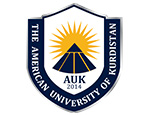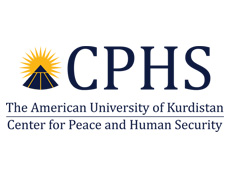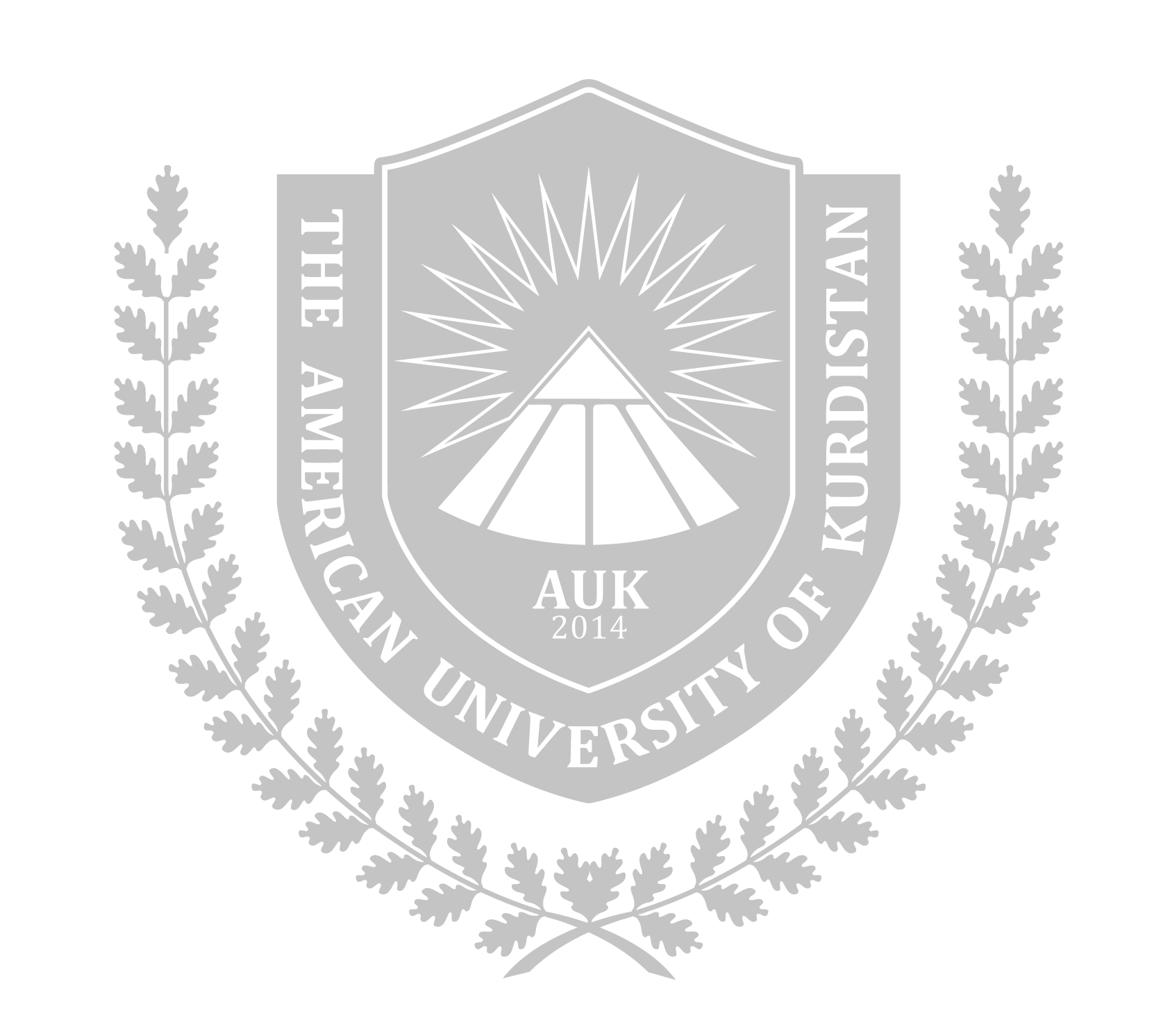MEPS’ Panels
On the first day of the Forum, MEPS will hold five parallel workshops to provide a platform for actionable policy recommendations, rigorous debate and critical thinking.
Workshop 1: Regional Consensus and Conflict Resolution: What role for Iraq and the Kurdistan Region?
This workshop brings together high-level scholars, practitioners and former officials from the region and internationally as part of a Carnegie Corporation project focused on regional peace and conflict mitigation mechanisms. It zooms in on topics ranging from counter-terrorism efforts, proxy warfare and the refugee crisis to the future of non-state actors, power-sharing arrangements and the future of the state-system in the Middle East.





This workshop analyses good governance and institution building efforts in Kurdistan in comparative perspective with other developing and developed countries. It convenes leading experts, practitioners and decision-makers to shed light on the strategies and long-term pathways for building viable institutions. This includes developing a framework for institution building in transitioning societies and countries; the creation of pathways for building inclusive governance and inclusive economic growth and a framework for cross-border co-operation on institution building efforts.





This workshop aims to establish a discussion on how the international community can better support nations on the frontlines of the refugee and IDP crisis; this includes developing policy proposals for international aid agencies and multilateral institutions. It develops a framework for cross-border co-operation against the threat of terrorism, support for refugees and IDPs, and co-existence between different communities and religions.




Erbil and Baghdad have been beset with many challenges and have still failed to resolve multiple outstanding disputes. This workshop establishes a robust and frank discussion on Erbil-Baghdad relations among a variety of Kurdish and Iraqi stakeholders focused on learning from past mistakes, the prevention of conflict relapse and economic co-operation. It analyses the implications of protests in Baghdad for political stability and reform efforts, with a view toward establishing policy proposals that could mitigate the political and socio-economic fall-out from the protests and its negative implications for Erbil and Baghdad.


